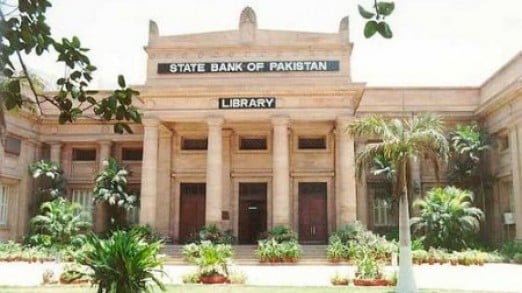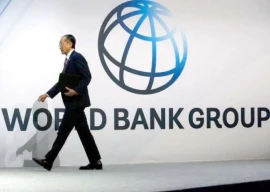
If a greater share of lending activity at banks moves to their investment banking departments, it will likely cause a rivalry between the investment bankers and the corporate bankers for business with the same clients. How banks plan to deal with the potential conflict remains to be seen.
Given the fact that the CEOs of most banks in Pakistan come from a corporate banking background, a turf war between corporate and investment bankers that makes it to the corner office is likely to be resolved in favour of the corporate bankers. Investment bankers may find themselves deferring to their corporate banking colleagues in servicing the banks clients.
This may conflict with the interests of the clients and may jeopardise the overall relationship the bank has with its clients, especially given the fact that investment banking is an activity that several non-banking financial institutions are licensed to do.
Investment banking licenses have been given in the past by the Securities & Exchanges Commission of Pakistan to asset management companies and securities brokerage firms, two categories of financial institutions that generally have both the human and financial capital to establish such an operation. So regular commercial banks cannot afford to be complacent when it comes to their investment banking clients they have other options to turn to.
Corporate banking is, and will remain, the dominant segment of financial services in Pakistan for some time to come, despite the recent surge in the capital markets. But there has been a realisation that the traditional bank-centric model may no longer be sufficient for the economys needs. More and more companies, for instance, want to raise equity through the stock market. And many more are interested in any form of debt security that will lower their borrowing costs.
The attraction with commercial paper which is an unsecured, short-term debt instrument issued by a corporation for the financing of short-term liabilities is that it is tradable, and thus likely to be seen as less risky than a typical bank loan. If a company defaults on a bank loan, the bank will have a very hard time getting any money back from the sale of the collateral that had been pledged. If the loan was unsecured, the bank gets nothing.
With commercial paper, however, the bank can simply sell it to another investor. Even if it makes a loss, it will still be better than the zero that it would get from a defaulted loan. This is why banks are typically willing to charge a lower interest rate.
Given the high interest rate environment in Pakistan, it is probably a good idea by the central bank to promote the commercial paper market. Now if only the corporate bankers can stand aside.
Published in The Express Tribune, July 1st, 2010.



1731975305-0/Untitled-design-(40)1731975305-0-165x106.webp)
1731975060-0/Untitled-design-(39)1731975060-0-165x106.webp)












COMMENTS (2)
Comments are moderated and generally will be posted if they are on-topic and not abusive.
For more information, please see our Comments FAQ